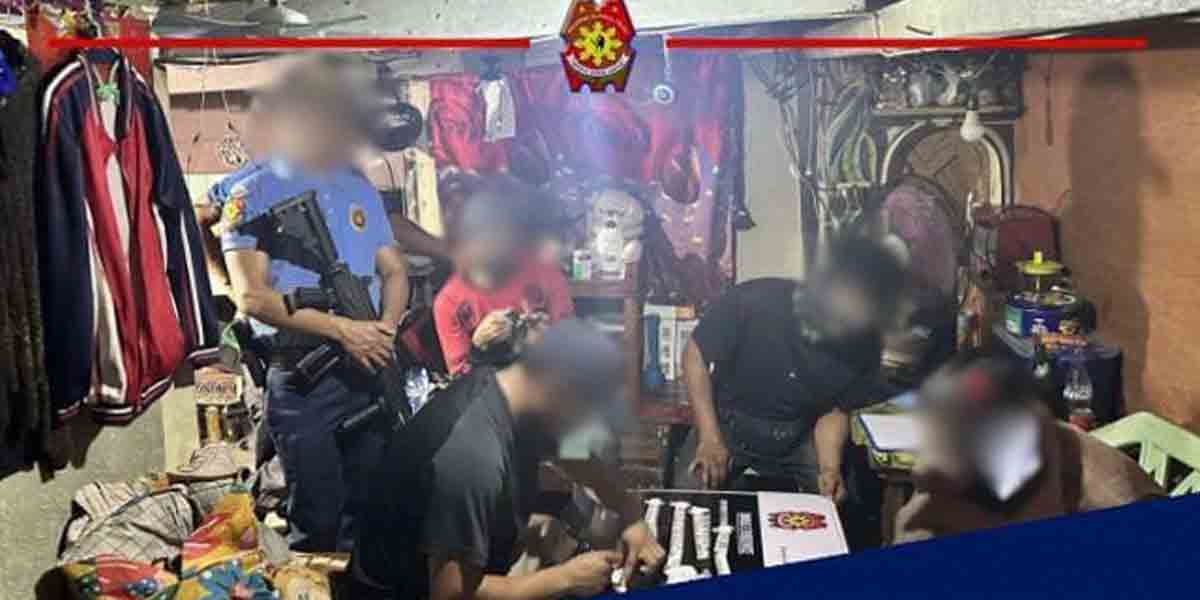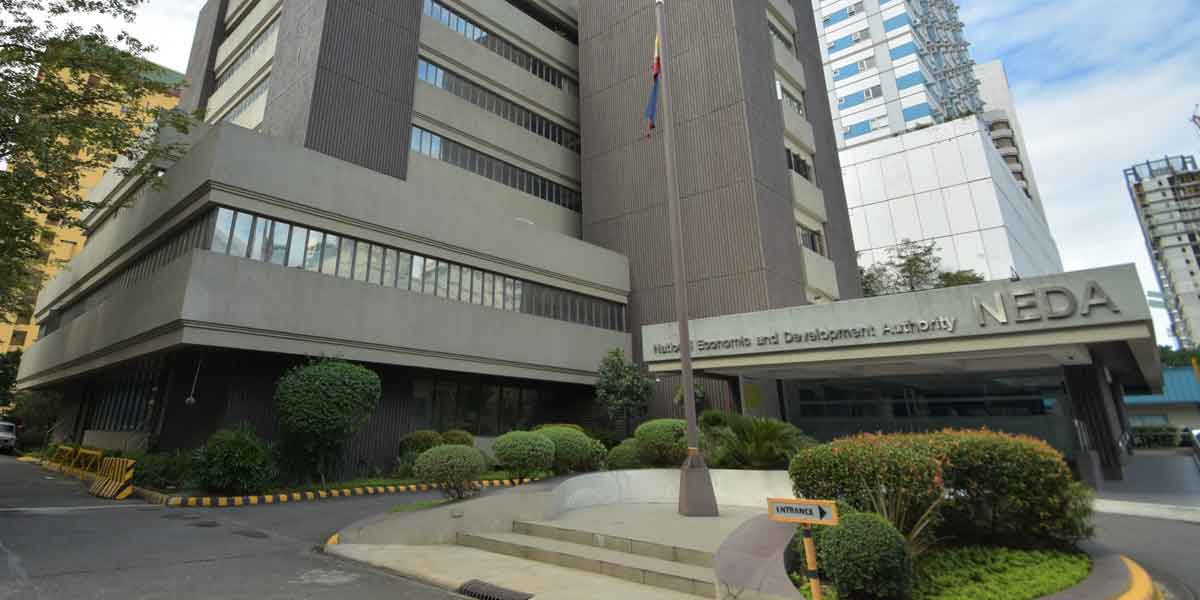Calls for accountability have reverberated across the country following Vice President Sara Duterte’s controversial remarks against President Ferdinand Marcos Jr. and his family.
But as the nation debates whether impeachment or criminal prosecution is the right path forward, the question looms: Will this bring systemic change or just perpetuate dynastic friction?
Proponents of impeachment argue that Duterte’s inflammatory statements and alleged misuse of confidential funds constitute betrayal of public trust.
As the second-highest official of the land, her actions allegedly undermine democratic institutions and the rule of law. Impeachment, in this context, would serve as a moral imperative to hold her accountable.
Impeachment would offer a constitutional and transparent pathway to address allegations of misconduct. Proponents argue this process strengthens institutional integrity by holding top officials accountable under a rigorous framework.
However, critics fear it could devolve into partisan spectacle, further polarizing the country and distracting from urgent governance priorities.
Filing criminal cases against the vice president may prove a more decisive blow to impunity and might serve as a more immediate means to uphold the rule of law.
Advocates contend that treating Duterte as any other citizen facing criminal allegations reinforces the principle of equality before the law.
Yet, concerns about the feasibility of such cases persist, with some legal minds asserting that vice presidents may enjoy immunity from suit.
Such cases, if proven, could lead to convictions that strip her of public office and bar her from future political roles.
Critics, however, question the motives behind these calls for accountability. They see this as a dynastic struggle between two powerful political families rather than a genuine quest for justice.
The Marcos-Duterte fallout has exposed fissures in the so-called “UniTeam,” casting doubt on whether the conflict is rooted in policy differences or personal vendettas.
For ordinary Filipinos, this political drama raises deeper concerns. Will the impeachment or prosecution of a high-ranking official translate into systemic reform?
Or will it merely reinforce the perception that justice is selectively applied in favor of the ruling elite?
Ultimately, this episode underscores the fragility of Philippine democracy.
Holding public officials accountable—whether through impeachment or criminal prosecution—should not depend on political expediency but on the principles of transparency, fairness, and the rule of law.
Whether Filipinos gain more than another chapter of dynastic conflict remains to be seen.





















